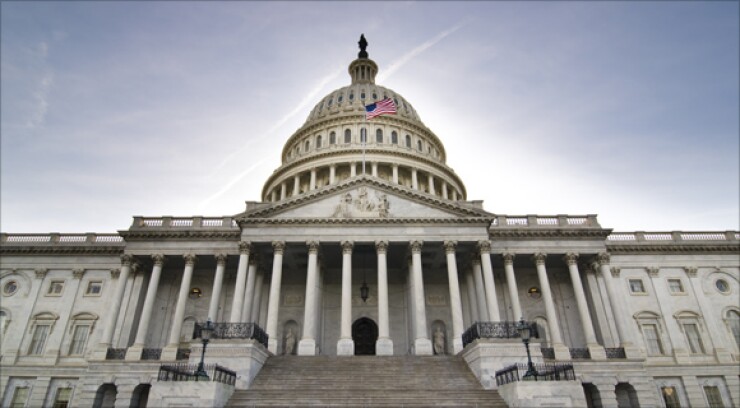
Bankers have always been subject to government tariffs, a form of indirect taxation, except that when it comes to banks, they are called regulations. Some, like
President-elect Trump has promised to
However, many bankers are concerned about
The two industries most
Agricultural and commercial lenders are closely evaluating the likely impact of such tariffs on their borrowers. Different firms in the same industry, like retail or e-commerce, may be impacted differently depending on their reliance on imported consumer goods like clothing, electronics and toys.
Bank tariffs, again, in the form of regulation, have been around forever, because banking is one of the most heavily regulated industries in the world.
This is also the case for tariffs on foreign imports, which can be traced back to our
Prior to the imposition of federal income taxes in
This fact helps clarify a common misconception that the tariff-targeted country or firm pays the tariff. Rather, American firms pay the tariffs to the U.S. Treasury, thus they are a form of tax. Like all good capitalists, instead of having reduced profits, companies usually pass this increased cost to consumers, which, among other things, is
While China is today's top tariff target, Great Britain was one of America's first tariff targets for undercutting American steel and other companies. It is no surprise that the two biggest proponents of tariffs in the second half of the 19th century were
President Donald Trump's tariff moves, a flicker of life at the Consumer Financial Protection Bureau and the Federal Deposit Insurance Corp.'s future.
"
Although this is no longer the case with Wharton's free trade faculty, this was obviously the case for at least one of its students, Trump, who is now in the position of greatest power and believes
Trump, the self-proclaimed "
As was the case then, Trump believes tariffs can become a significant source of government revenue offsetting his proposed tax cuts, so much so that he has proposed an
Both Trump and Wharton were first and foremost successful businessmen who, like good capitalists, maximized profits for their firms. This means using any competitive advantage to reduce input costs and/or increase output prices, again passing increased costs to consumers to maintain or increase profit margins.
Once Trump entered the political arena, his goal was not making money but hopefully strengthening America's weakened foreign trade position the best way he knew, namely tariffs.
While Trump has and will likely continue toward this goal by directly using tariffs as a blunt economic tool, this Wharton
This may also be the case in banking where Trump's
Every economist understands the downside of import tariffs and other obstacles to competition and free trade. Wharton's own
A comprehensive
While the impact of Trump's proposed foreign tariffs on the banking industry and economy are unclear at this point, his planned reduction of banking regulations, aka bank taxes or tariffs, will likely have a positive impact on the banking industry and economy.






